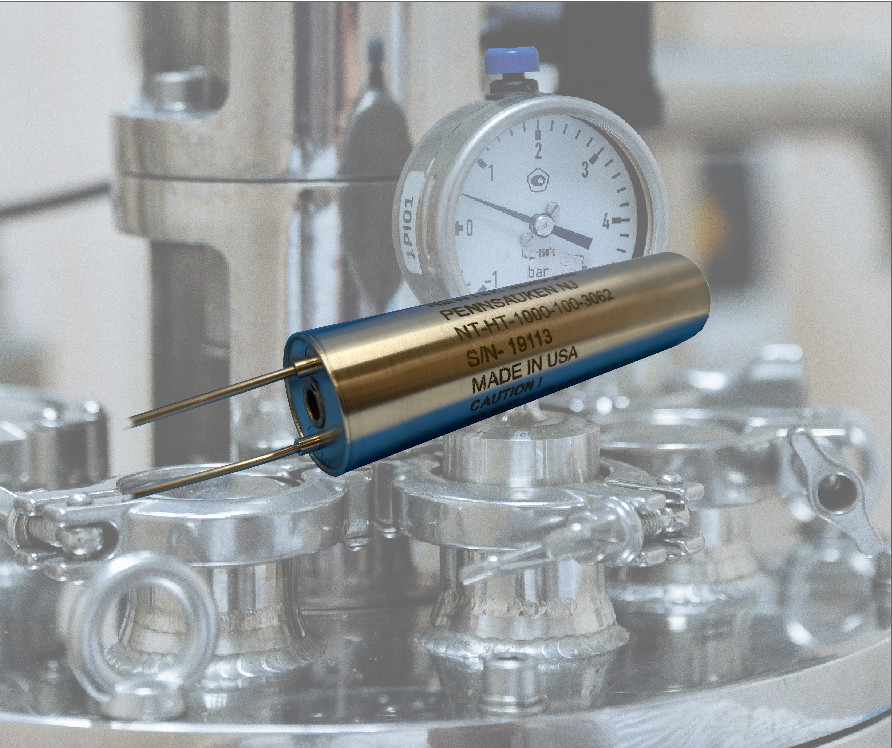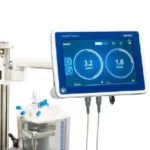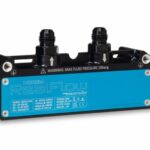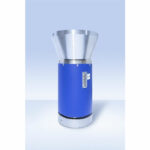
NewTek is offering a customized version of its High Temperature LVDT (Linear Variable Differential Transformer) Position Sensor for material testing in environments with extreme pressures and high/low cryogenic temperatures. Configured to operate in temperatures exceeding 1000°F (538°C), the NT-HT-1000 Linear Displacement Sensor is used for materials testing in autoclaves and material deformation testing in labs and nuclear applications.
Constructed of special high-temperature materials, the customized AC-operated LVDT features a 1” diameter stainless-steel housing that protects coils from hostile media. A through-bore design gives access to ends of the unit’s core for better mechanical support, core guidance and cleaning. Units provide a ratiometric output for reduced thermal error and stability over changing temperatures.
Available in configurations from ± 0.100 inch (± 2.54 mm) to ± 1.0 inch (±25.4 mm), the linear position sensor has a 3000 psi (207 bar) pressure rating. Units offers high sensitivity, high resolution and excellent linearity of +0.5% of full range in the most rugged environments.
As with its standard High Temperature LVDTs, NewTek’s customized versions are compatible with the NTC-6000 DS Ratiometric LVDT Signal Conditioner that provides a voltage, 4-20 mA current, or RS-485 digital output for the AC-LVDT. This smart signal conditioner self-diagnoses for LVDT failure, disconnects, or short circuits and offers cybersecurity lockout and tamper detection to protect against hacks.






